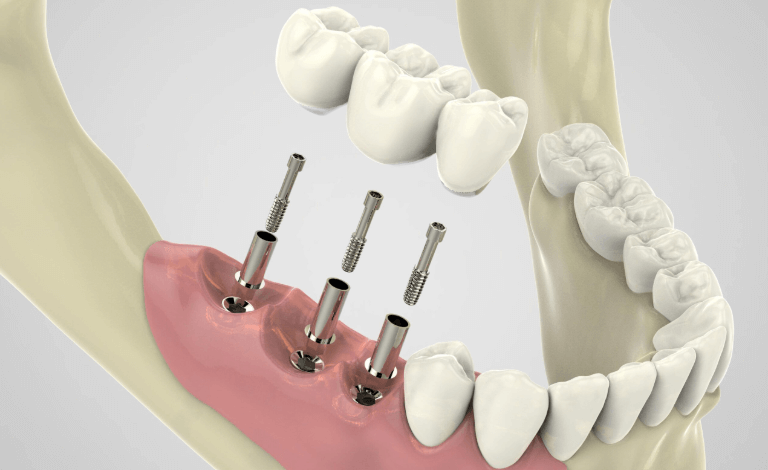Revolutionising Dental Implant Procedures Through Modern Technology

Introduction
In recent years, the field of dentistry has witnessed remarkable advancements, particularly in the realm of dental implants Leicester. With technological innovation at the forefront, these developments are set to transform the dental landscape, making procedures more efficient, comfortable, and successful. This blog post explores the cutting-edge technologies that are shaping the future of dental implants, with a particular focus on how these innovations are enhancing the experience of dental implants Leicester.
Advancements in Dental Implant Procedures
3D Imaging and Planning
One of the most significant breakthroughs in dental implants is the use of 3D imaging and planning software. This technology allows dental professionals to create precise digital models of a patient’s oral structure, enabling accurate planning and placement of implants. The benefits include:
- Enhanced predictability and precision in implant placement
- Reduced risk of complications during surgery
- Minimised discomfort and recovery time for patients
Such advancements ensure that dental implants in Leicester and beyond are more efficient and tailored to individual patient needs.
Robotic-Assisted Surgery
Robotic-assisted surgery is another groundbreaking development in the field. This technique involves the use of robotic systems to assist surgeons during implant procedures, offering unmatched precision and control. The use of robotics in dentistry has shown promising results, such as:
- Increased accuracy in the placement of implants
- Shorter surgery duration
- Improved patient outcomes and satisfaction
Robots are gradually becoming invaluable tools that enhance the capabilities of dental professionals, marking a transformative era for dental implants.
Biocompatible Materials
The introduction of new biocompatible materials has significantly improved the success rate of dental implants. These materials are designed to integrate smoothly with bone tissue, promoting faster healing and better long-term stability. Innovations in material science are crucial, as highlighted in this study on biocompatible materials in dentistry, which explores the impact of these advancements on implantology.
Exploring the Future of Dental Technology
As technology continues to evolve, the future of dental implants holds great promise. The integration of artificial intelligence, for instance, is expected to revolutionise diagnostic processes, providing real-time data analysis and recommendations for tailored treatment plans. Additionally, the exciting developments in digital dentistry are poised to redefine how dental care is delivered, making it more accessible and personalised.
Furthermore, the concept of smart implants, which are embedded with sensors to monitor the health of surrounding tissues, is gaining traction. These innovations are set to become integral components of modern dental practices, ensuring that procedures are safer and more predictable.
Conclusion
The future of dental implants is indeed bright, with technological advances paving the way for more effective and patient-friendly procedures. From 3D imaging to robotic-assisted surgery and smart materials, the innovations discussed in this post are just the beginning. As the field continues to evolve, dental implants Leicester and other regions will benefit from the integration of these technologies, ultimately enhancing patient care and outcomes.





